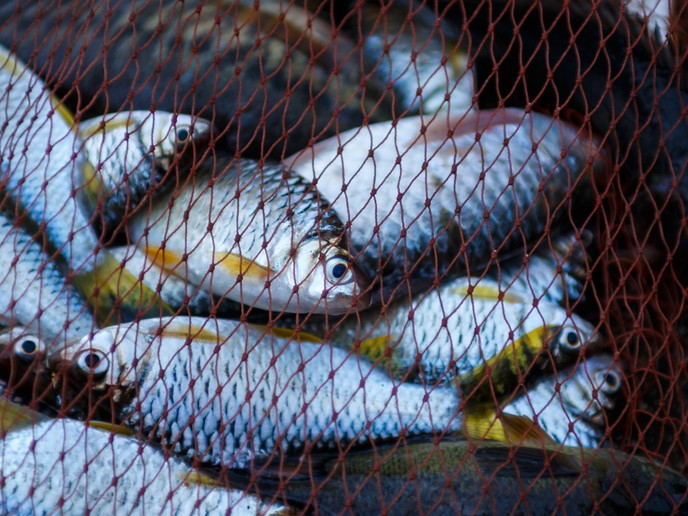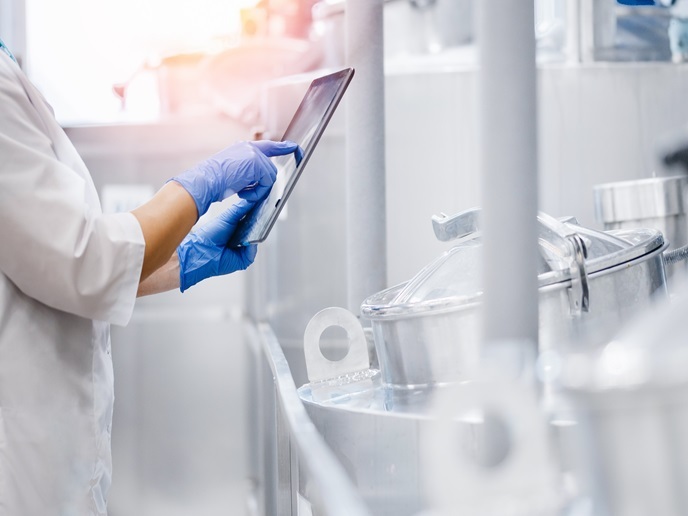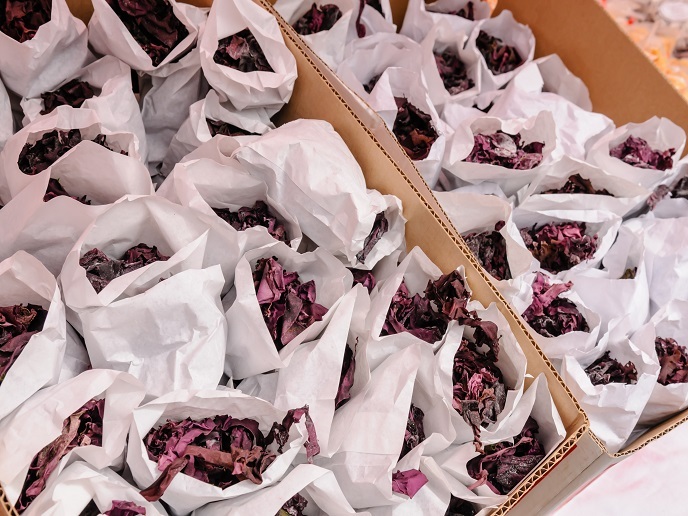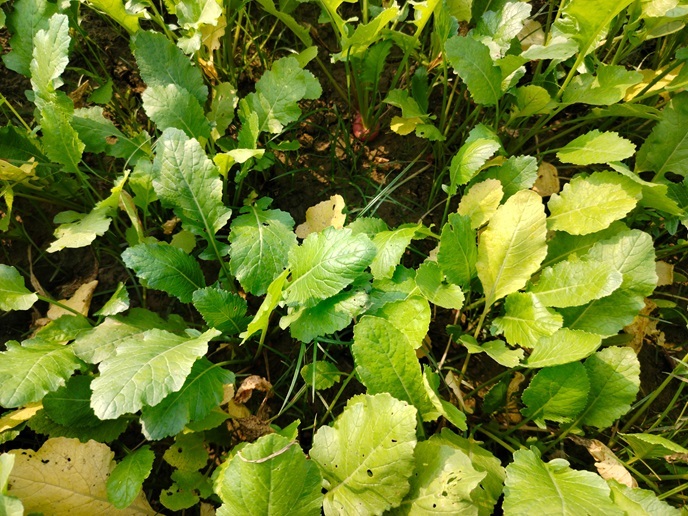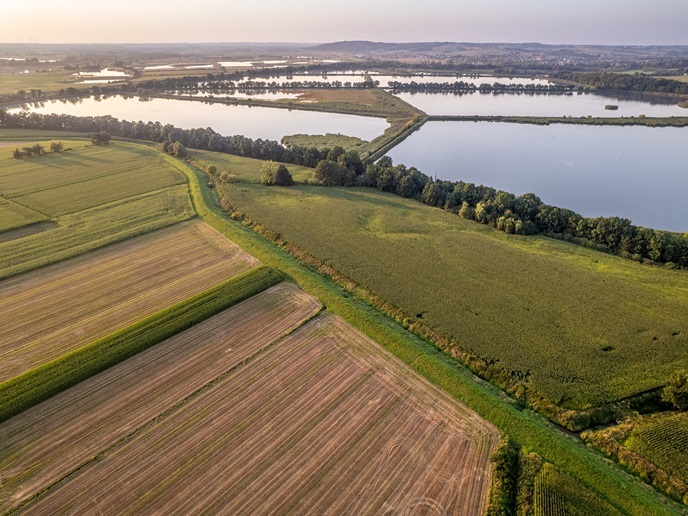CERES ‘storylines’ prepare the fishing industry for blue growth
The scientific community and the fisheries sector are only beginning to grasp the phenomenal impact climate change is having on seas’ and oceans’ ecosystems. Jellyfish taking over, over-fished populations struggling to keep up, or species like plaice having no choice but to go deeper from the sea’s surface to survive are just some examples of drastic changes taking place underwater. Yet, the lack of significant actions to slow down these change is bringing up another, equally pressing question: How do we adapt? The CERES (Climate change and European aquatic RESources) project has been aiming to fill in the blanks with one key objective in mind: helping the European fisheries and aquaculture sectors to get prepared. The project team has been investigating how climate change affects fish and shellfish species, as well as developing solutions to help stakeholders. “The effects of climate change on fish and shellfish had been examined in previous (academic) research programmes. There had even been a recognition of the potential severity of climate impacts. However, there was little track record of European industry and scientists working together to examine these impacts,” says Prof. Myron Peck, coordinator of CERES and Professor of Biological Oceanography and Fisheries Science at the University of Hamburg. According to Prof. Peck, this lack of cross-sector cooperation had essentially resulted in the absence of rigorous climate adaptation measures – the kind that are desperately needed to keep industry on track.
Looking towards 2100
“A ‘business-as-usual’ climate change scenario such as IPCC scenario RCP 8.5 tells us that in 2100, European marine waters and fresh waters will have warmed by 2 to 4 °C. Rainfall will have declined in southern and increased in northern European areas, while more variable weather conditions (heatwaves, extreme storms) are expected. Under this scenario, fisheries targets are expected to shift towards the poles and/or deeper waters. This will result in both winners and losers across European regional seas,” Prof. Peck explains. Let’s take the example of anchovies. Projections suggest that stocks will decline in the Mediterranean but increase in the Bay of Biscay. Similarly, Atlantic cod may decline in the southern North Sea but increase in the Barents Sea. Besides, both positive and negative effects are expected in aquaculture. The sector will need to prepare for greater risks of disease outbreaks. In fact, by 2050, the bioeconomic and social changes linked to climate scenarios will often be greater than the direct impact of climate change on species. This is where CERES comes in. “CERES has been estimating which species of fish and shellfish will be profitable to grow or fish in specific areas under future climate. We provide broad advice for the two sectors, while more focused results are discussed in 25 ‘storylines’ (case studies) providing more thorough coverage at the regional, species and business level,” says Prof. Peck.
Not all businesses are equal
To help businesses find their way into these recommendations, CERES will provide a set of online tools. Using these tools should allow for better evaluation of the risks and opportunities related to fishing or farming specific species in specific locations, especially for smaller and artisanal businesses which are generally more exposed to the consequences of climate change. “Farms with greater control over their production (large-scale sea cages) will be far less sensitive than those with much less control, for example mussel farms relying on natural production. Similarly, large-scale industrial fisheries are better placed to cope than small artisanal fishers,” Prof. Peck explains. Policy-making matters too, as flexible, climate-ready policies such as flexible aquaculture permitting or trans-boundary agreements for highly migratory fish stocks will be key to adaptation.



